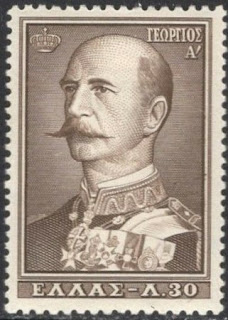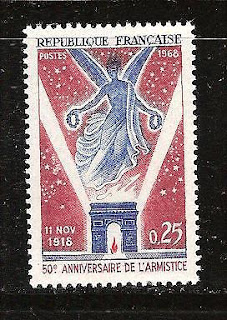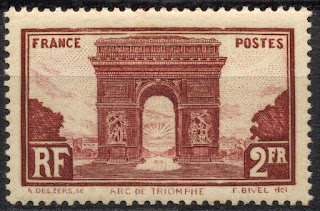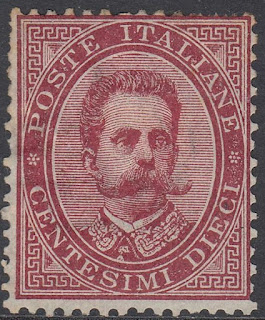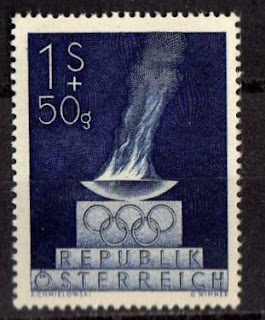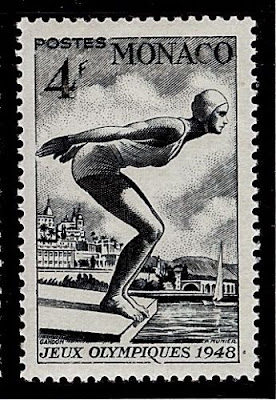Here are some events that happened on March 30th. It could be an event or a person that died or was born on that day
1432 Born: Mehmed the Conqueror, Ottoman sultan (d. 1481)
Mehmed II (30 March 1432 – 3 May 1481), commonly known as Mehmed the Conqueror (Turkish: Fatih Sultan Mehmet), was an Ottoman Sultan who ruled from August 1444 to September 1446, and then later from February 1451 to May 1481. In Mehmed II's first reign, he defeated the crusade led by John Hunyadi after the Hungarian incursions into his country broke the conditions of the truce Peace of Szeged. When Mehmed II ascended the throne again in 1451 he strengthened the Ottoman navy and made preparations to attack Constantinople.
At the age of 21, he conquered Constantinople (modern-day Istanbul) and brought an end to the Byzantine Empire. After the conquest Mehmed claimed the title "Caesar" of the Roman Empire (Qayser-i Rûm), based on the fact that Constantinople had been the seat and capital of the surviving Eastern Roman Empire since its consecration in 330 AD by Emperor Constantine I. The claim was only recognized by the Patriarchate of Constantinople. Nonetheless, Mehmed II viewed the Ottoman state as a continuation of the Roman Empire for the remainder of his life, seeing himself as "continuing" the Empire rather than "replacing" it. This assertion was eventually abandoned by his successors.
Mehmed continued his conquests in Anatolia with its reunification and in Southeast Europe as far west as Bosnia. At home he made many political and social reforms, encouraged the arts and sciences, and by the end of his reign, his rebuilding program had changed the city into a thriving imperial capital. He is considered a hero in modern-day Turkey and parts of the wider Muslim world. Among other things, Istanbul's Fatih district, Fatih Sultan Mehmet Bridge and Fatih Mosque are named after him.
Turkish sheet depicting Topkapi Palace and Sultan Mehmed The Conqueror
1853 Born: Vincent van Gogh, Dutch-French painter and illustrator (d. 1890)
Vincent Willem van Gogh (30 March 1853 – 29 July 1890) was a Dutch post-impressionist painter who is among the most famous and influential figures in the history of Western art. In just over a decade he created about 2,100 artworks, including around 860 oil paintings, most of them in the last two years of his life. They include landscapes, still lifes, portraits and self-portraits, and are characterised by bold colours and dramatic, impulsive and expressive brushwork that contributed to the foundations of modern art. He was not commercially successful, and his suicide at 37 followed years of mental illness and poverty
On 27 July 1890, aged 37, Van Gogh shot himself in the chest with a 7mm Lefaucheux à broche revolver. There were no witnesses and he died 30 hours after the incident. The shooting may have taken place in the wheat field in which he had been painting, or a local barn. The bullet was deflected by a rib and passed through his chest without doing apparent damage to internal organs – probably stopped by his spine. He was able to walk back to the Auberge Ravoux, where he was attended to by two doctors, but without a surgeon present the bullet could not be removed. The doctors tended to him as best they could, then left him alone in his room, smoking his pipe. The following morning Theo rushed to his brother's side, finding him in good spirits. But within hours Vincent began to fail, suffering from an untreated infection resulting from the wound. He died in the early hours of 29 July. According to Theo, Vincent's last words were: "The sadness will last forever"
1863 – Danish prince Wilhelm Georg is chosen as King George of Greece.
George I (24 December 1845 – 18 March 1913) was King of Greece from 30 March 1863 until his assassination in 1913.
Originally a Danish prince, he was born in Copenhagen, and seemed destined for a career in the Royal Danish Navy. He was only 17 years old when he was elected king by the Greek National Assembly, which had deposed the unpopular Otto. His nomination was both suggested and supported by the Great Powers: the United Kingdom of Great Britain and Ireland, the Second French Empire and the Russian Empire. He married Grand Duchess Olga Constantinovna of Russia in 1867, and became the first monarch of a new Greek dynasty. Two of his sisters, Alexandra and Dagmar, married into the British and Russian royal families. Edward VII of the United Kingdom and Alexander III of Russia were his brothers-in-law, and George V, Nicholas II, Christian X of Denmark and Haakon VII of Norway were his nephews.
George's reign of almost 50 years (the longest in modern Greek history) was characterized by territorial gains as Greece established its place in pre-World War I Europe. Britain ceded the Ionian Islands peacefully in 1864, while Thessaly was annexed from the Ottoman Empire after the Russo-Turkish War (1877–1878). Greece was not always successful in its territorial ambitions; it was defeated in the Greco-Turkish War (1897). During the First Balkan War, after Greek troops had captured much of Greek Macedonia, George was assassinated in Thessaloniki. Compared with his own long tenure, the reigns of his successors Constantine I, Alexander, and George II proved short and insecure.
Greece stamp depicting George I
1867 – Alaska is purchased from Russia for $7.2 million, about 2-cent/acre ($4.19/km2), by United States Secretary of State William H. Seward.
The Alaska Purchase (Russian: Продажа Аляски, romanized: Prodazha Aliaski, meaning "Sale of Alaska") was the United States' acquisition of Alaska from the Russian Empire. Alaska was formally transferred to the United States on October 18, 1867, through a treaty ratified by the United States Senate.
Russia had established a presence in North America during the first half of the 18th century, but few Russians ever settled in Alaska. In the aftermath of the Crimean War, Russian Tzar Alexander II began exploring the possibility of selling Alaska, which would be difficult to defend in any future war from being conquered by Russia's main archrival, the United Kingdom. Following the end of the American Civil War, U.S. Secretary of State William Seward entered into negotiations with Russian minister Eduard de Stoeckl for the purchase of Alaska. Seward and Stoeckl agreed to a treaty on March 30, 1867, and the treaty was ratified by the United States Senate by a wide margin.
The purchase added 586,412 square miles (1,518,800 km2) of new territory to the United States for the cost of $7.2 million 1867 dollars (2 cents per acre). In modern terms, the cost was equivalent to $132 million in 2019 dollars or $0.37 per acre. Reactions to the purchase in the United States were mostly positive, as many believed possession of Alaska would serve as a base to expand American trade in Asia. Some opponents labeled the purchase as "Seward's Folly", or "Seward's Icebox", as they contended that the United States had acquired useless land. Nearly all Russian settlers left Alaska in the aftermath of the purchase; Alaska would remain sparsely populated until the Klondike Gold Rush began in 1896. Originally organized as the Department of Alaska, the area was renamed the District of Alaska (1884) and the Alaska Territory (1912) before becoming the modern State of Alaska in 1959.
US stamps issued to commemorate the Alaska purchase
1912 Died: Karl May, German author (b. 1842)
Karl Friedrich May (25 February 1842 – 30 March 1912) was a German author. He is best known for his travel novels set on one hand in the American Old West with Winnetou and Old Shatterhand as main protagonists and on the other hand in the Orient and Middle East with Kara Ben Nemsi and Hadschi Halef Omar. May also wrote novels set in Latin America and Germany, poetry, a play, and composed music; he was a proficient player of several musical instruments. Many of his works were adapted for film, stage, audio dramas and comics. Later in his career, May turned to philosophical and spiritual genres. He is one of the best-selling German writers of all time, with about 200,000,000 copies worldwide.
German stamp depicting Winnetou





